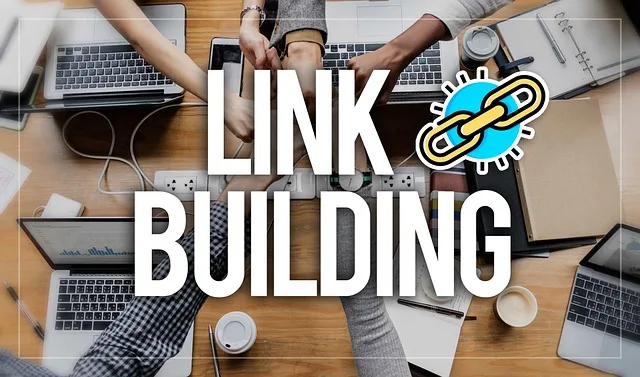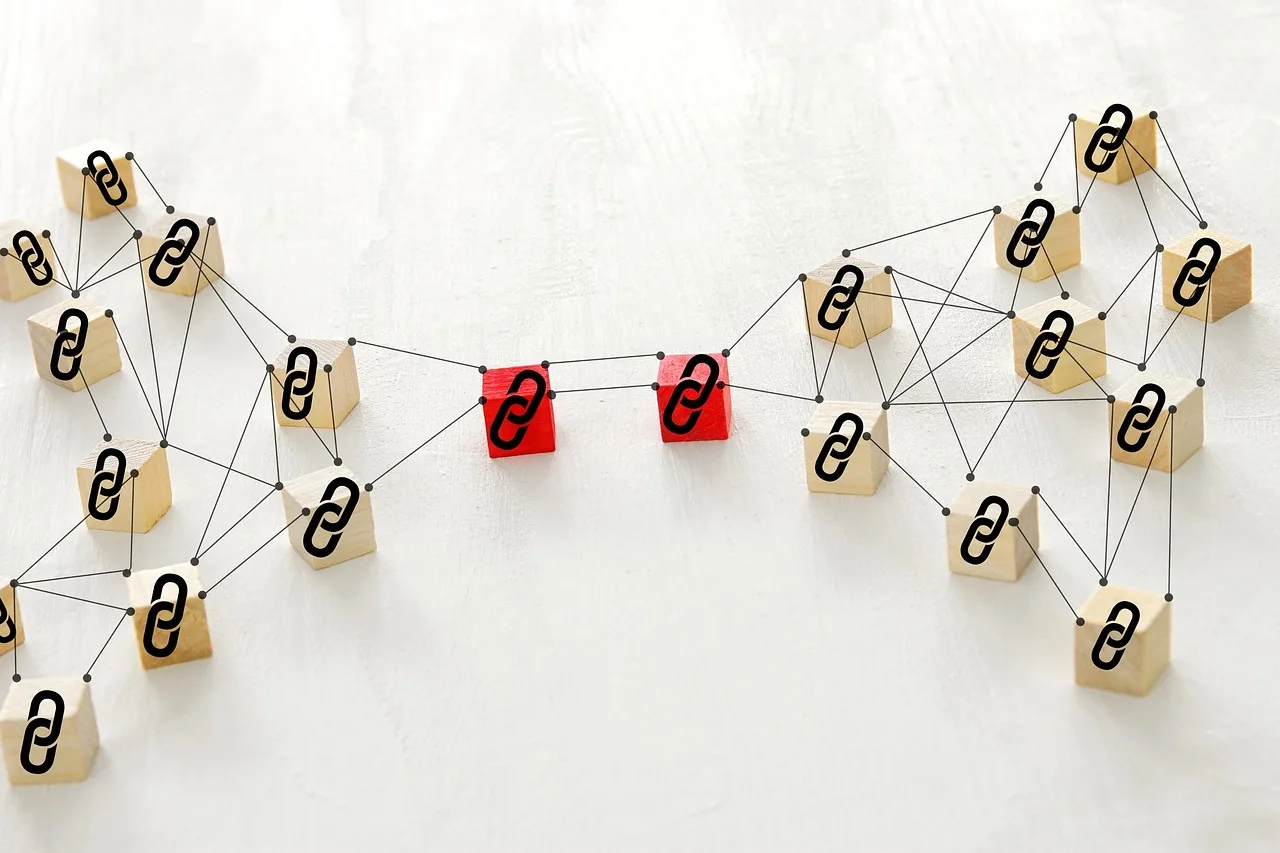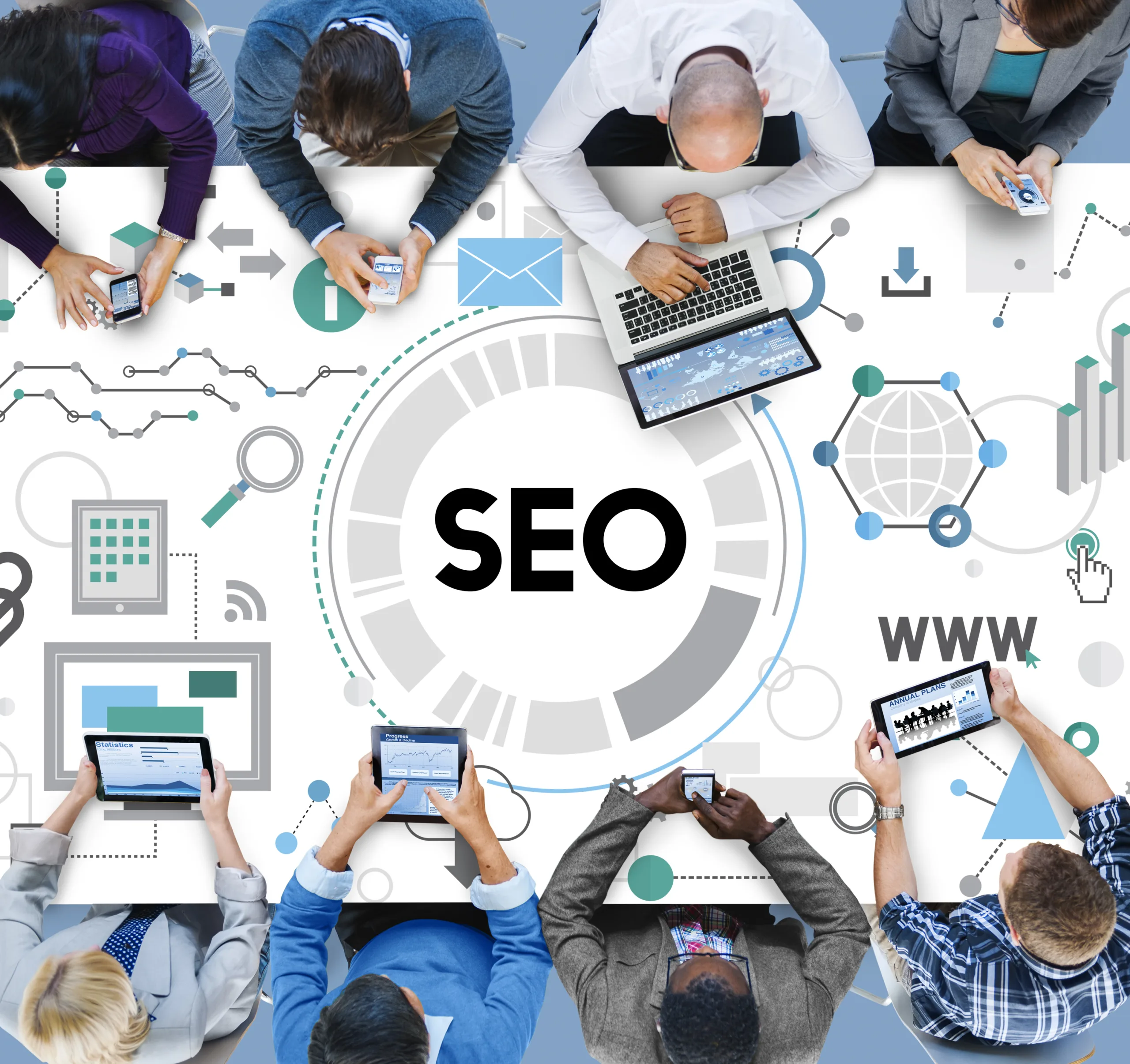
Can You Still Buy Links Without Getting Penalized?
Can You Still Buy Links Without Getting Penalized?
Penalized link have long been a major factor in SEO. They signal authority, relevance, and trust to search engines. But in 2025, one big question still looms for marketers and site owners: Can you still buy links without getting penalized? The short answer? It’s risky—but not impossible.
Let’s dive into how you can navigate the world of link buying while keeping your site safe.
Description:
Explore how websites and apps show you unique content using smart personalization techniques. Find out what methods work and why this matters.
Why Google Penalizes Bought Links
Google’s guidelines are clear—buying links for SEO purposes is against their rules. Penalized link This includes any exchange of money, goods, or services for a backlink that passes PageRank.
It manipulates the search algorithm and gives unfair ranking advantages. When caught, Google can issue manual or algorithmic penalties, resulting in a sharp drop in rankings—or even complete deindexing.
Read more on Google’s link schemes policy.
What Does Getting Penalized Look Like?
If your site is penalized, you might notice sudden ranking drops, less organic traffic, and a message in Google Search Console. These penalties can be devastating—especially for small businesses or content creators who rely heavily on search traffic.
It’s important to monitor your backlink profile regularly. Tools like Ahrefs, SEMrush, and Google Search Console can help detect toxic or suspicious links.
Is It Ever Safe to Buy Links?
Here’s Penalized link where things get a little grey. While direct link buying is risky, there are more subtle and strategic ways to earn links that involve financial investment but not clear violation of guidelines.
Examples include:
- Sponsored posts with proper nofollow or sponsored tags.
- PR campaigns that generate genuine media coverage and backlinks.
- Content partnerships or collaborations that naturally earn links.
The key here is transparency. If a link is paid for, it should be labeled appropriately. Trying to hide paid links is what leads to getting penalized.
The Rise of Niche Edits and Link Insertions
Another popular trend is buying “niche edits” or existing content link insertions. While they seem less risky, many of these deals are done behind closed doors with no disclosure.
If discovered, Google treats these links the same as any other paid link. If your site is part of a link scheme, you risk being penalized—even if you didn’t add the link yourself.
Best Practices to Stay Safe
If you’re still considering link buying, follow these tips to reduce risk:
- Use rel=”sponsored” or rel=”nofollow” tags
These tags tell Google not to pass PageRank, reducing the risk of a penalty. - Vet the sites you’re getting links from
Avoid spammy, low-quality websites. Look for sites with real audiences and relevant content. - Avoid link farms or marketplaces
These are often flagged by Google and could lead to mass deindexing. - Focus on link-worthy content
The safest and most effective links come from content that naturally attracts attention. - Diversify your SEO strategy
Don’t rely solely on backlinks. Prioritize technical SEO, on-page optimization, and user experience.
Final Thoughts: Is It Worth the Risk?
In 2025, Penalized link buying links still happens—but the risks are higher than ever. While it’s possible to buy links without getting penalized, it takes strategy, discretion, and ethical execution.
If you’re caught trying to game the system, the consequences can set your site back months—or even years. So if you’re going to invest in links, make sure you do it the right way.
Need help building a safe backlink strategy? Reach out to experts or agencies that prioritize long-term growth over quick wins. The goal isn’t just to rank—it’s to rank without getting penalized.
For more detailed analysis connect with on Backlink policy




